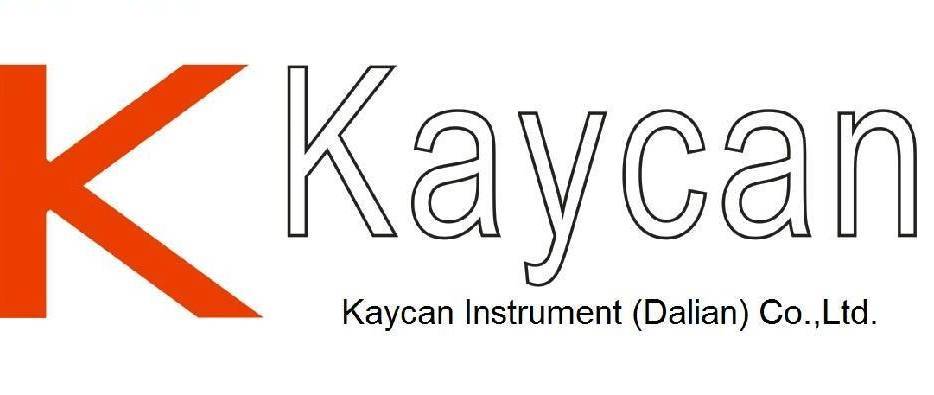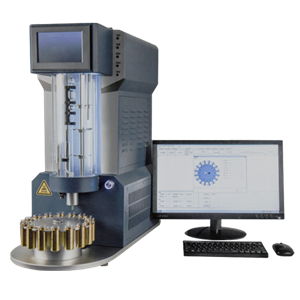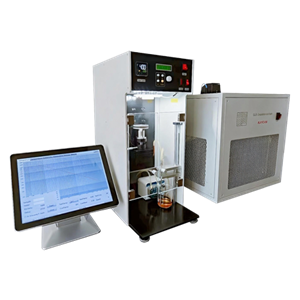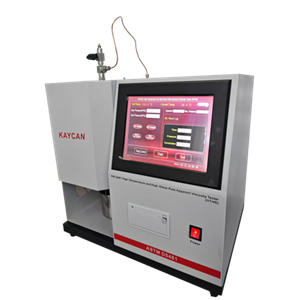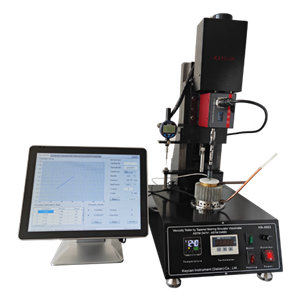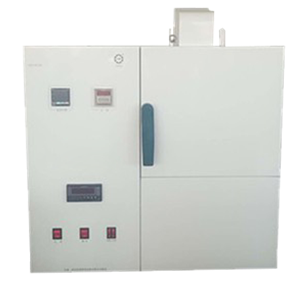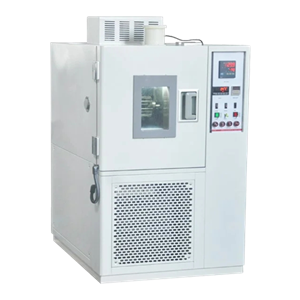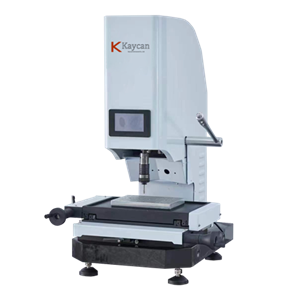-
ASTM D4693 Low-Temperature Torque Tester
KN-4693 Low-Temperature Torque Tester conforms to ASTM D4693 Standard Test Method for Low-Temperature Torque of Grease-Lubricated Wheel Bearings. This test method covers the determination of the extent to which a test grease retards the rotation of a specially-manufactured, spring-loaded, automotive-type wheel bearing assembly when subjected to low temperatures. Torque values, calculated from restraining-force determinations, are a measure of the viscos resistance of the grease. This test method was developed with greases giving torques of less than 35N·m at 40℃
Send Email Details -
ASTM D1478 Low-Temperature Torque Tester
KN-1478 Low-Temperature Torque Tester conforms to ASTM D1478 Standard Test Method for Low-Temperature Torque of Ball Bearing Grease. This test method was developed using greases having very low torque characteristics at -54℃. Specifications for greases of this type commonly require testing at this temperature. Specifications for greases of other types can require testing at temperatures from -73℃ to -18℃. This test method has proved helpful in the selection of greases for low-powered mechanisms, such as instrument bearings used in aerospace applications. The suitability of this test method for other applications requiring different greases, speeds, and temperatures should be determined on an individual basis.
Send Email Details -
ASTM D8288 Automatic Tapping Torque Testing System
KN-8288 Automatic Tapping Torque Testing System conforms to ASTM D8288 Standard Test Method for Comparison of Metal working Fluids Using a Tapping Torque Test Machine. This test method can be used to predict the comparative lubricating properties of a metalworking fluid (MWF). Fluids that produce lower torques or higher efficiencies are predicted to have better machining characteristics. The method is applicable to all tap types, machining speeds, alloys and coatings that can be fabricated into a test piece. Comparison between different operating conditions or various types of fluids can be made. The reportable quantity is the efficiency or mean average torque of a reference fluid divided by the mean average torque of the fluid of interest.
Send Email Details
